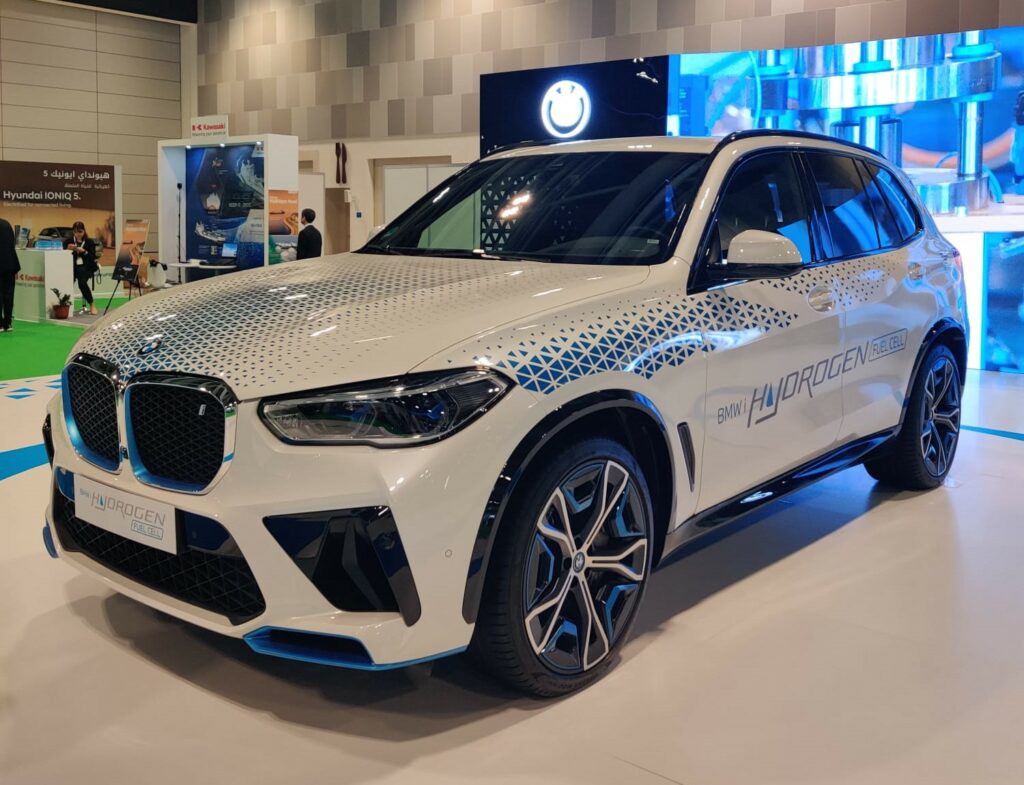BMW and Toyota are expanding their hydrogen fuel cell (FCV) technology efforts. The collaboration aims to address the growing demand for eco-friendly mobility solutions and advance the development of hydrogen as a viable alternative to traditional internal combustion engines.
BMW and Toyota: A Strategic Partnership
The partnership between BMW and Toyota is not new. The two automotive giants have been working together since 2013, sharing knowledge and resources to push the boundaries of FCV technology. This renewed collaboration signifies a mutual commitment to innovation and sustainability, combining BMW’s engineering prowess with Toyota’s experience in mass-producing hybrid and hydrogen vehicles.
Challenges and Opportunities
Despite the promise of hydrogen fuel cells, several obstacles remain. One of the primary challenges is the development of a comprehensive hydrogen refueling infrastructure. Currently, hydrogen station availability is limited, hindering widespread adoption. Both companies are investing in expanding this infrastructure, collaborating with governments and other stakeholders to create a more hydrogen-friendly environment.
A Global Vision for Sustainability
BMW and Toyota’s joint efforts also align with global environmental goals. As nations seek to reduce carbon footprints and adhere to stricter emissions regulations, hydrogen fuel cell vehicles are viable for achieving these targets. The collaboration emphasizes the importance of cross-industry partnerships in tackling global issues.
The alliance between BMW and Toyota in advancing hydrogen fuel cell vehicles marks a pivotal step in the automotive industry’s journey toward sustainability. While challenges persist, the benefits of hydrogen as a clean energy source are undeniable. Through continued innovation and strategic partnerships, these industry leaders are steering the future of transportation toward a greener, more sustainable horizon.
